Differences between ERP & CRM Systems
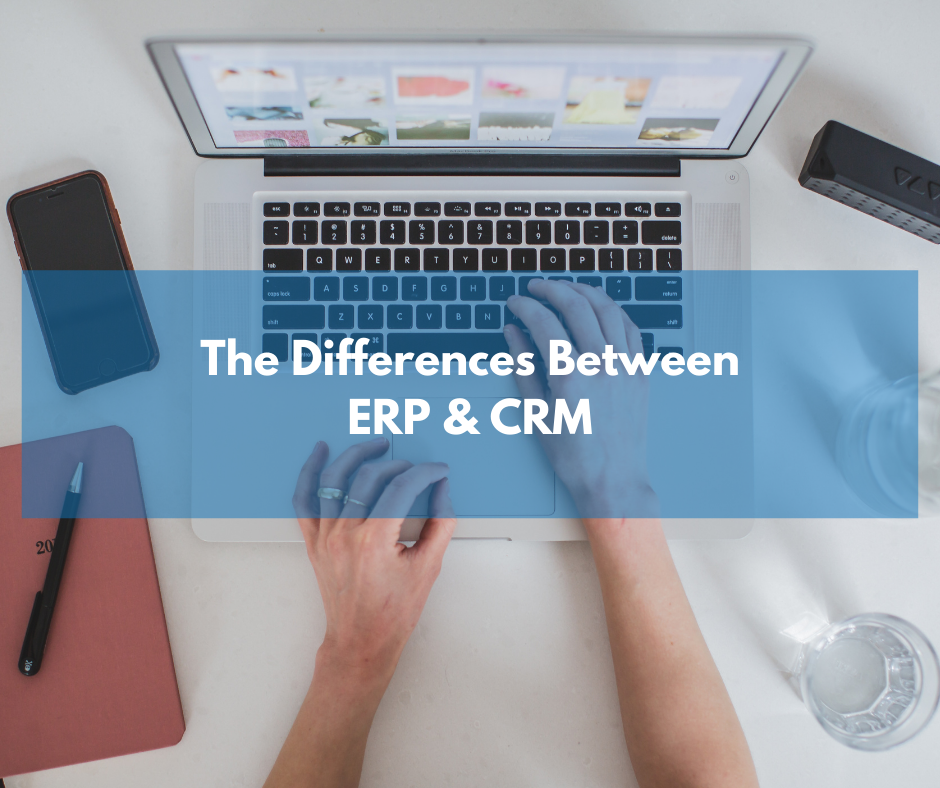
Choosing the right solutions, technology and tools is a critical part of your business’ operations. Where these form part of a digital transformation project they can enhance efficiency, improve customer relations, provide better service, increase sales and much more. With ERP and CRM both classed as effective solutions with potentially impressive ROI, which one does your business actually need?
So, what is an ERP system?An Enterprise Resource Planning (ERP) platform provides it’s very own ecosystem of high calibre and integrated solutions that assist in the management and operations of a successful business. An ERP system, which may be an integrated suite of applications can support a business from an ecommerce front end such as Magento, Shopify, Salesforce Commerce Cloud through into sales and quoting (usually classified as CRM), production, order management and shipping, purchasing, warehouse and inventory, bar-coding, all the way through into an accounting system such as Sage, Xero, Quickbooks or on Salesforce platform products like FinancialForce , Accounting Seed and Zumzum. Sometimes ERP, is called supply chain management, and these two terms are often used interchangeably, though strictly speaking ERP focusses on business internal processes, whereas supply chain management may include external supplier management and ordering of raw materials.
…And a CRM system?A Customer Relationship Management (CRM) system can be equally as broad, but tends to focus on the management of customer relationships and providing organisations with a 360 degree view of their customer managing leads, sales opportunities and forecasting, quotes, activity management and insights, which are often driven through artificial intelligence (AI). CRM systems such as Salesforce Sales Cloud can really help you know your customer and close more sales.
Many organisations actually need both.
Both CRM and ERP offer some similar functionalities yet they have clear business purposes. Each can play an essential role in a business to function and are often implemented side by side. We have seen some organisations add capabilities to a CRM system to give ERP like functionality and other projects where some basic sales functionalities are added to an ERP system allowing a seamless transition from orders into fulfillment processes.
In practice CRM and ERP are entirely complementary. At Coacto, we have significant expertise in working with organisations to connect marketing with sales, into operations and then into accounts. These functions after all are similar to a relay race, where the lead baton is qualified and then passed onto sales to close the deal. The deal baton is passed to operations to fulfill that order and once fulfilled, the accounts team take up the baton for the last leg to invoice and collect the payment.
Implementation
If you are considering implementing a CRM system to streamline your business processes, we highly recommend that you choose a system that can be integrated with an ERP solution. We have worked CRM and ERP for many years and including on platform ERP solutions like AscentERP and off platform tools such as SAP and Hansa. It is easier to have one platform, but Salesforce allows you to easily integrate with off-platform solutions.
We have real expertise in this area. Ready to get started on your CRM or ERP journey? Contact our expert implementation team on 033 0223 0229 or complete our contact form for a FREE consultation.






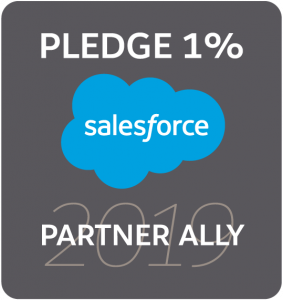
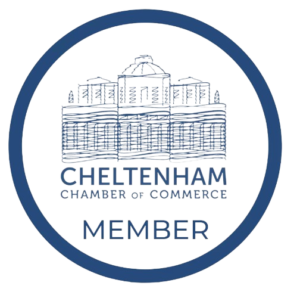
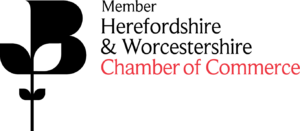
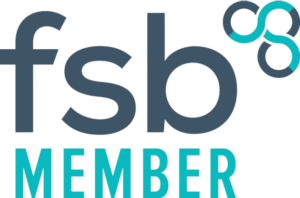
ERP optimizes the flow of information and helps the leaders of the company take necessary decisions based on the data provided by the system.
We completely agree Raghunath.